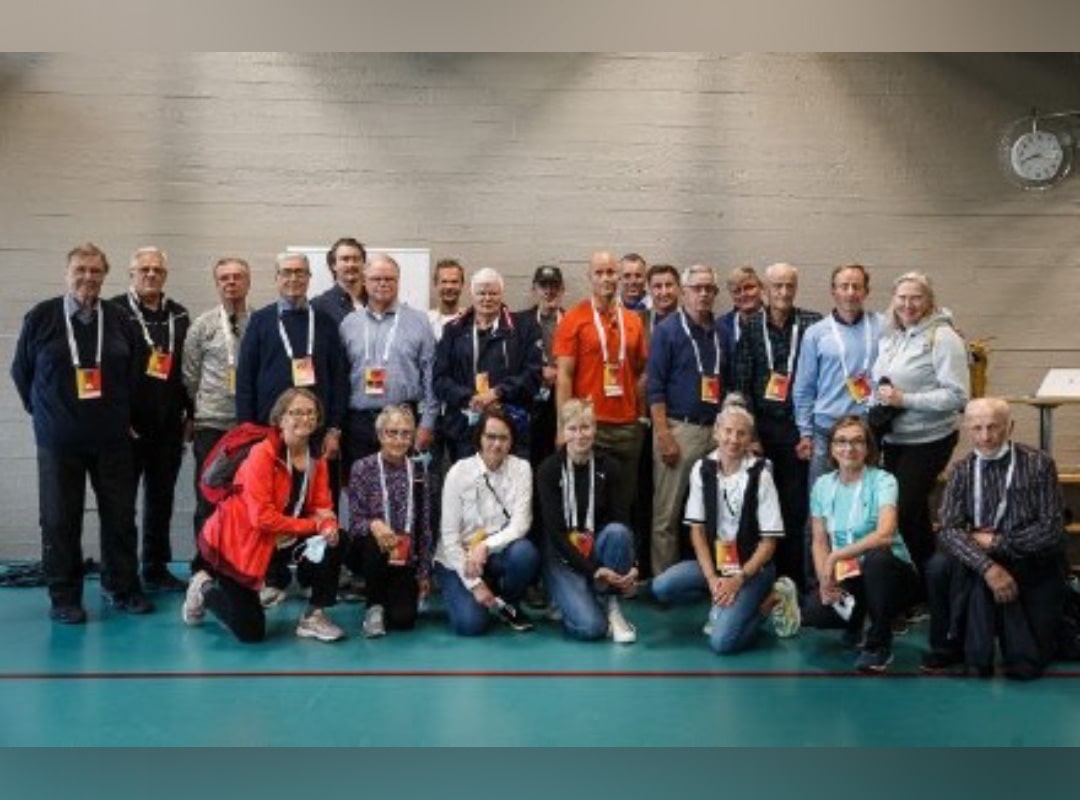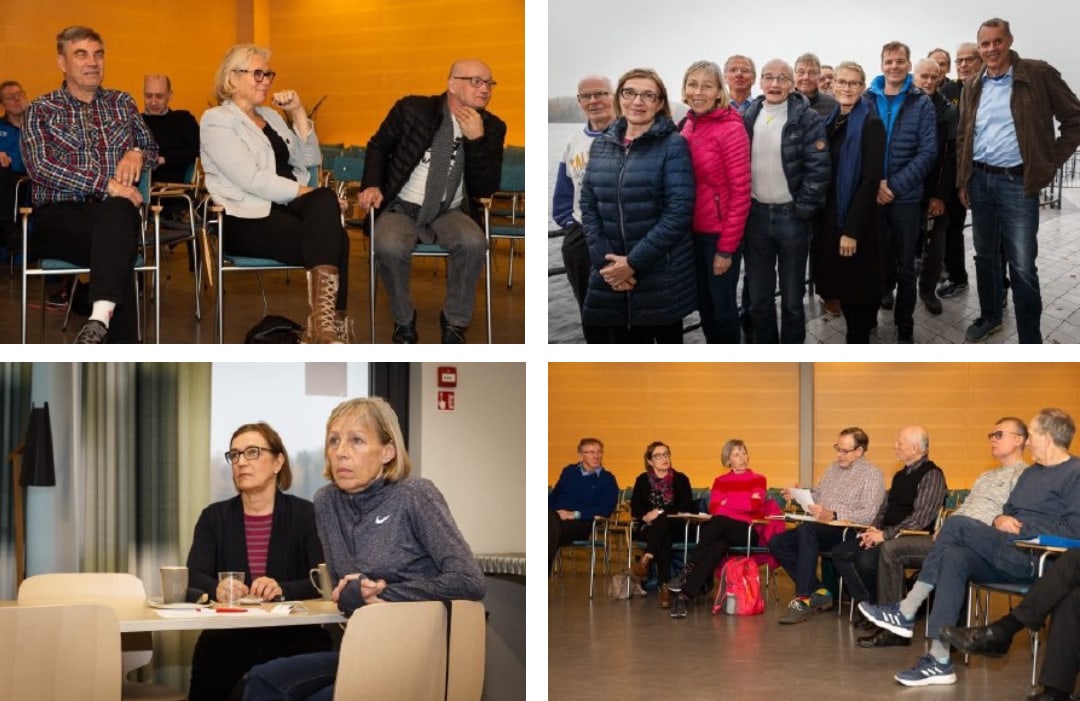V4V Good Practice Case Studies: Suomen Urheiluliitto (Finnish Athletics)
Sport / Activity: Athletics | Country: Finland

Which of the four pillars does the example cover?
Pillar 1 – Volunteer strategy and planning
Pillar 3 – Volunteer management and retention
Pillar 4 – Volunteer development and training
Focus of volunteer intervention: Mentoring volunteer coaches

Objective(s):
Many club coaches are volunteers and work alone when supporting high performance athletes. They would therefore benefit from mentoring and support for their planning, coaching, and evaluating. At present, there was also no model or system established for coaches to communicate with each other or pass on their knowledge to newer coaches.
Therefore, a key focus of this project was to find a solution which encouraged and improved communication between experienced coaches and those in the early stages of their coaching careers.
Activities undertaken:
The first activity undertaken was to identify experienced coaches who were happy to act as mentors. They were identified and personally invited to take part by the former CEO of the federation, Jarmo Mäkelä who initiated and supervised the project. Former performance level athletes and coaches were targeted and invited to act as voluntary mentor, with the emphasis being placed on them ‘giving back’ and supporting the next generation of coaches and athletes.
Over 30 coaches and former athletes signed up for the programme. Three or four mentoring sessions have been organised per year and are organised to coincide with big competitions or training camps. These sessions enabled large groups of former athletes and coaches, to mix with newcomers and share their experience and knowledge.
The sessions are sometimes themed and past sessions have included sharing best practice, specialists lecture and benchmarking with plenty of time left for discussions and questions. The sessions are held at the High-Performance Centre and other quality training venues which helps to attract participants, create a nice atmosphere and keep costs to a minimum.
Challenges faced:
One of the challenges has been that some of the newer coaches have been suspicious about what they could learn from older coaches who have not been involved in regular coaching for decades. However, after the first few sessions, they realised the value of the knowledge and experience of the older coaches, and this is no longer an issue.
Impact:
The project has resulted in the development of new coaches and innovative practices. Less experienced coaches (who are volunteers) have benefitted from the advice provided by more experienced coaches and feel much better supported due to the mentoring programme. This has undoubtedly made them better coaches, but also improved their enjoyment of coaching and made them feel more valued as volunteers. It has helped to emphasise the value and importance of volunteers within the Finish Athletics development structure.

For further information: Click here